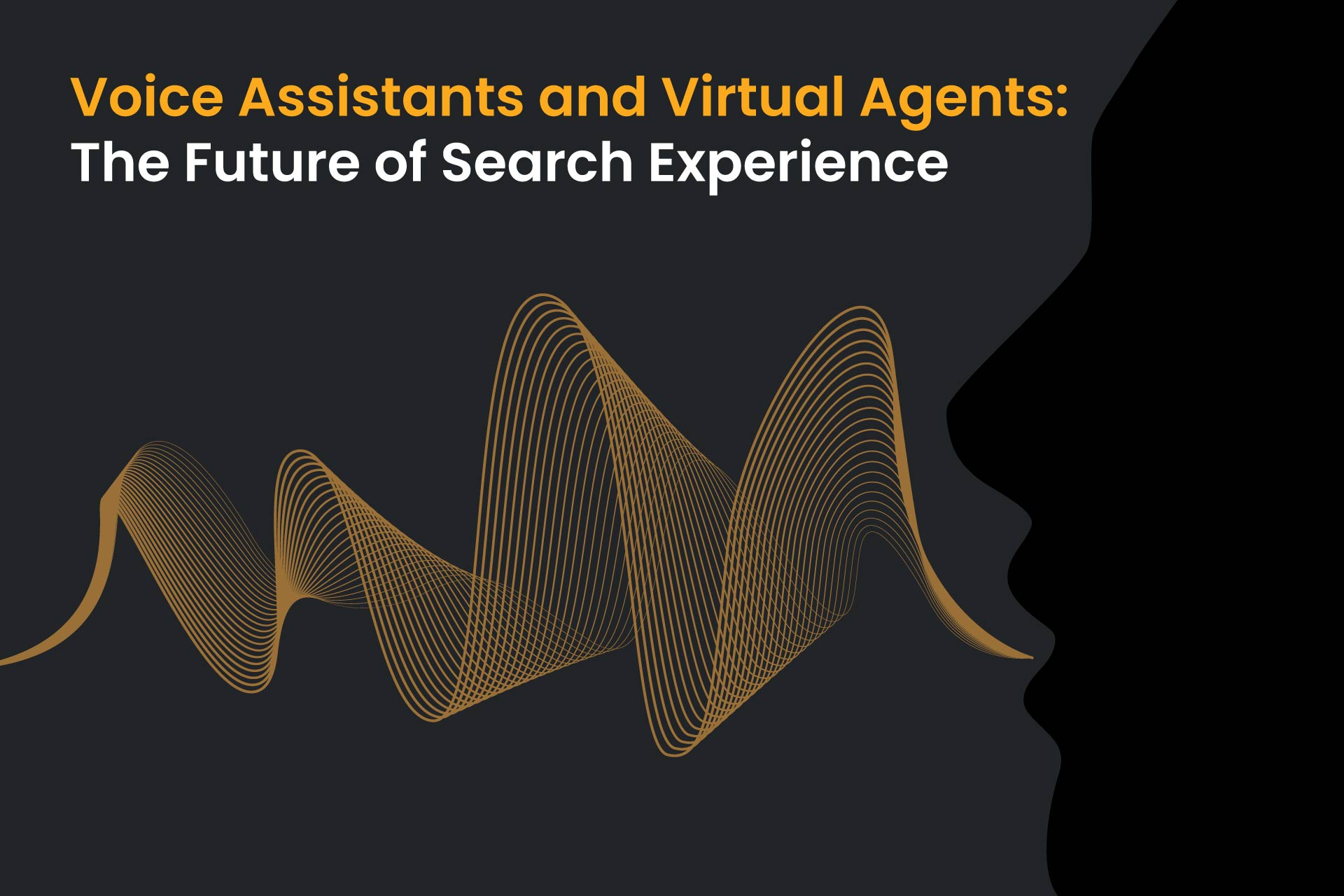
The rapid evolution of technology has transformed many industries, but few have seen as much disruption as customer service. In particular, the integration of voice assistants and artificial intelligence (AI) is revolutionizing the way businesses engage with their customers. From providing instant responses to personalized support, these technologies are redefining what it means to deliver exceptional customer service.
The Rise of Voice Assistants in Customer Service
Voice assistants like Amazon’s Alexa, Google Assistant, and Apple’s Siri have become household names, streamlining everyday tasks for millions. In the realm of customer service, voice assistants are increasingly becoming the first point of contact for consumers. These AI-powered tools can handle simple requests such as answering FAQs, checking order statuses, or guiding users through basic troubleshooting steps.
The convenience of voice assistants lies in their ability to provide hands-free, instant support, reducing customer wait times and offering 24/7 service availability. Instead of having to navigate lengthy phone menus or wait for a human agent, customers can simply ask their voice assistant for help and get immediate responses. This significantly enhances the customer experience, fostering brand loyalty.
AI-Powered Personalization and Proactive Support
AI’s integration into customer service doesn’t stop at basic automation. One of the biggest advantages AI brings to the table is its ability to provide personalized and proactive support. Machine learning algorithms can analyze customer data, behaviors, and preferences to offer tailored solutions. For example, an AI-powered customer service system can recommend products based on a user’s past purchases or preemptively resolve potential issues before the customer even becomes aware of them.
Furthermore, AI-powered voice assistants can engage in natural language processing (NLP), allowing for a more conversational and human-like interaction. This ability to understand and respond to complex queries in real-time not only makes customer service faster but also more efficient, as AI systems learn from every interaction to continuously improve.
Enhancing Human Agents with AI
While there’s a growing trend of AI taking on many customer service tasks, human agents remain a critical part of the service equation. However, artificial intelligence is enhancing their roles rather than replacing them. AI can handle routine, repetitive tasks, freeing up human agents to focus on more complex and sensitive issues. This dynamic partnership between AI and human agents leads to quicker resolutions and higher customer satisfaction.
AI-driven insights can also assist human agents in real time by providing relevant information or suggesting next steps based on customer data. This not only boosts efficiency but also ensures a more consistent and seamless customer experience.
The Future of Customer Service: AI and Voice Assistants Leading the Way
As voice assistants and artificial intelligence continue to evolve, their impact on customer service will only deepen. With advancements in AI technologies like deep learning and emotional intelligence, future AI systems could detect a customer’s mood, tone, and intent, allowing businesses to deliver even more personalized and empathetic service.
In addition, businesses will likely leverage AI to develop more intelligent, self-learning voice assistants that can handle complex customer interactions autonomously. This evolution will enable companies to scale their customer service operations efficiently while maintaining a high level of personalization.

Top 5 AI Voice Assistants
Here are the Top 5 AI Voice Assistants that are transforming customer service through the power of Artificial Intelligence:
1. Amazon Alexa
- Overview: Alexa has become one of the most well-known voice assistants, enabling users to interact with smart devices, access information, and provide hands-free solutions to everyday tasks.
- AI in Customer Service: Many businesses leverage Alexa’s Artificial Intelligence to streamline their customer service operations. Companies integrate Alexa Skills to handle routine customer queries, book appointments, and offer product recommendations.
2. Google Assistant
- Overview: Google Assistant excels in natural language understanding and context-based responses, making it a robust AI voice assistant.
- AI in Customer Service: Google Assistant powers AI-driven customer service by automating responses to customer inquiries, guiding them through product features, and resolving common issues. Its integration with various platforms allows businesses to offer 24/7 support to their customers, enhancing overall customer service experiences.
3. Apple Siri
- Overview: Siri, Apple’s voice assistant, has evolved significantly in its ability to perform tasks, search the web, and control smart devices through Artificial Intelligence.
- AI in Customer Service: Businesses use Siri to simplify customer service functions. Siri’s AI integration allows for smoother voice interactions, which improves customer satisfaction, reduces wait times, and personalizes services based on user behavior.
4. Microsoft Cortana
- Overview: Cortana, originally launched as a personal assistant, is now integrated into Microsoft’s suite of enterprise tools, making it a useful voice assistant for business solutions.
- AI in Customer Service: Companies use Cortana’s AI capabilities for enhancing customer service, particularly in managing calendars, sending reminders, and automating responses to queries. With Cortana, customer service agents can become more productive, handling complex requests with AI-driven insights.
5. Samsung Bixby
- Overview: Bixby, Samsung’s AI voice assistant, focuses on providing an integrated user experience across Samsung devices.
- AI in Customer Service: Through Artificial Intelligence, Bixby helps businesses improve customer service by offering voice-activated solutions, answering FAQs, and assisting users in navigating products or services. Bixby’s AI adaptability helps deliver tailored customer experiences, increasing user engagement.
The integration of voice assistants and artificial intelligence into customer service marks a pivotal shift in how businesses interact with their customers. As these technologies continue to advance, companies that embrace AI-driven solutions will be well-positioned to deliver exceptional, proactive, and personalized customer experiences. In the end, the future of customer service is not just about solving problems—it’s about anticipating them and exceeding customer expectations.


